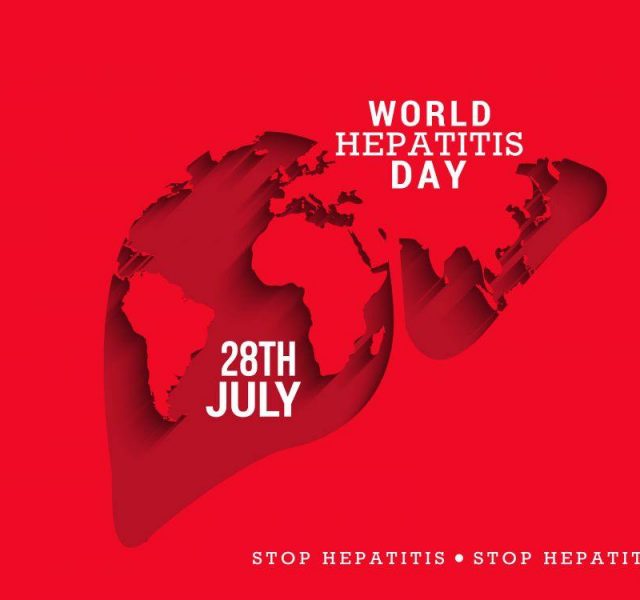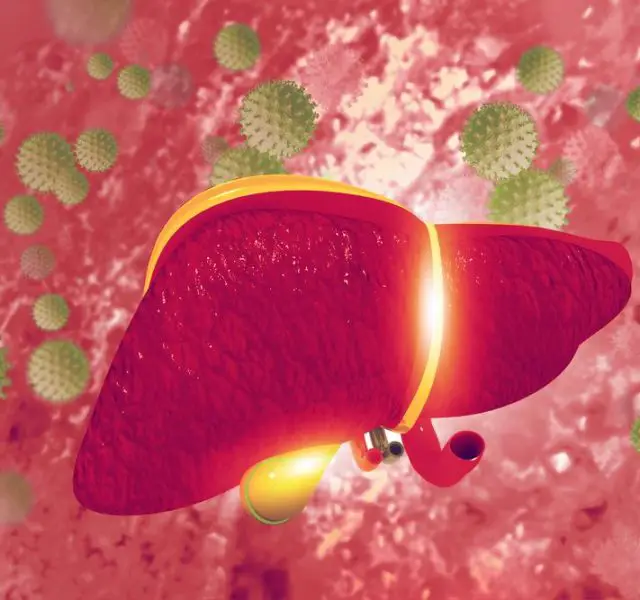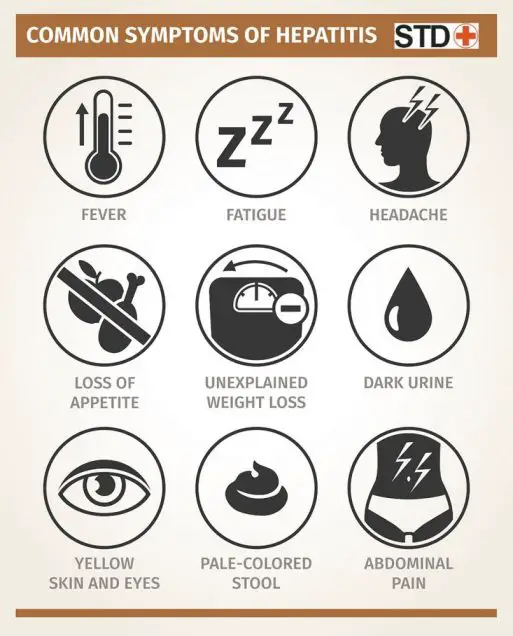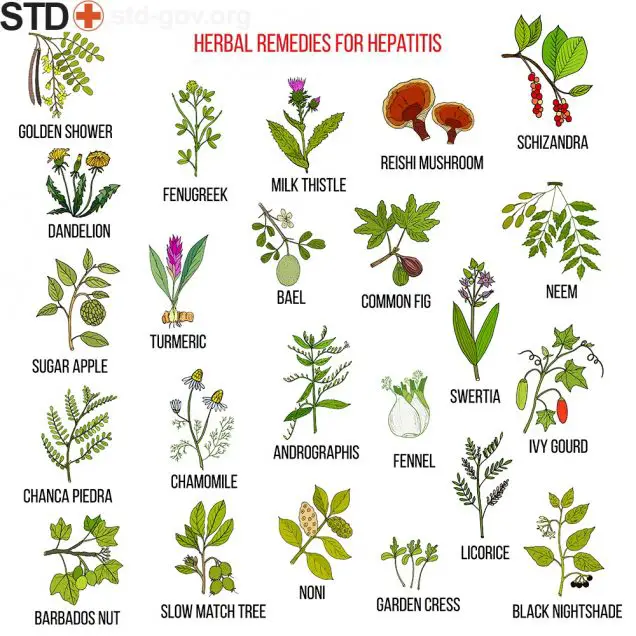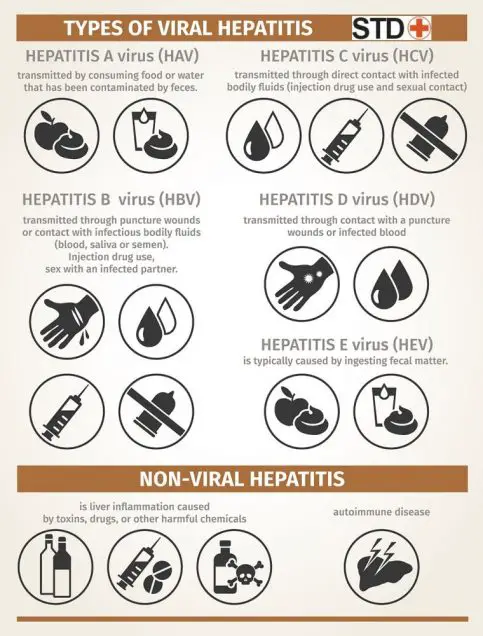Hepatitis
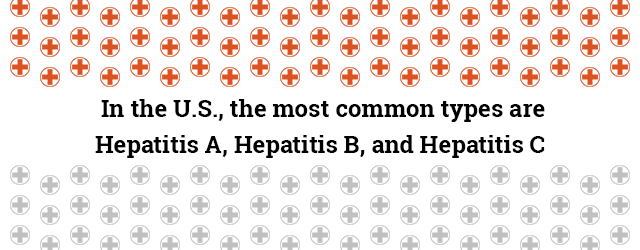
Contents
What is Hepatitis?
There are five types of hepatitis — A through E — all of which cause inflammation of the liver. Type D affects only those who also have hepatitis B, and hepatitis E is extremely rare in the United States.
How is Hepatitis contracted?
Type A hepatitis is contracted through anal-oral contact, by coming in contact with the feces of someone with hepatitis A, or by eating or drinking hepatitis A contaminated food or water.
Type B hepatitis can be contracted from infected blood, seminal fluid, vaginal secretions, or contaminated drug needles, including tattoo or body-piercing equipment. It can also be spread from a mother to her newborn.
Type C hepatitis is not easily spread through sex. You’re more likely to get it through contact with infected blood, contaminated razors, needles, tattoo and body-piercing equipment, or manicure or pedicure tools that haven’t been properly sanitized, and a mother can pass it to her baby during delivery.
Type D hepatitis can be passed through contact with infected blood, contaminated needles, or by sexual contact with an HIV-infected person.
Type E hepatitis is most likely to be transmitted in feces, through oral contact, or in water that’s been contaminated.
Incubation Period: Two weeks to five months, although Type C can remain dormant for 10 years before symptoms crop up.
Symptoms of Hepatitis
When symptoms are present, they are much the same for all five types of hepatitis: mild flu-like symptoms, light stools, dark urine, jaundice (yellowing of the skin and the whites of the eyes), fatigue, and fever. Hepatitis A symptoms may also include nausea, vomiting, and abdominal pain.
Testing
All types of these dseases are diagnosed with a blood test.
Treatment
Types A and E hepatitis usually resolve over time. If you’re traveling to a country where hepatitis A is prevalent, two doses of a vaccine can prevent the disease. There’s no vaccine for hepatitis E. For Type B, anti viral medications may help some patients. But like type A, a vaccine that’s given in three doses can prevent the disease in the first place. (In fact, hepatitis B is the only STD that’s preventable with a vaccine, according to Planned Parenthood.) For Type C and D, interferon and other drugs may help some patients, but there is no vaccine for either type.
If you are not treated
Because types A and E usually go away over time, neither is likely to lead to chronic disease. Types B and C, however, can lead to cirrhosis (scarring of the liver) and liver cancer if not treated; type D can also result in liver cancer.

